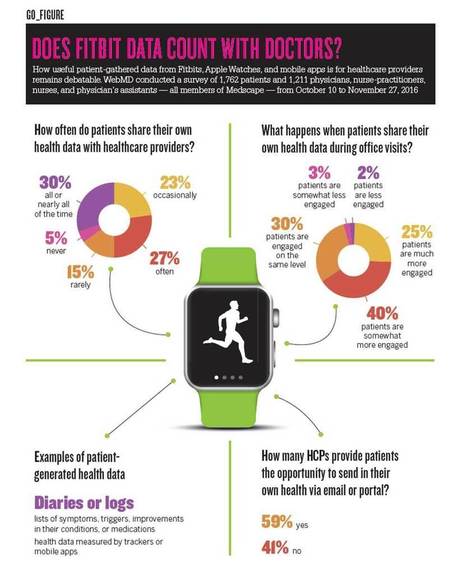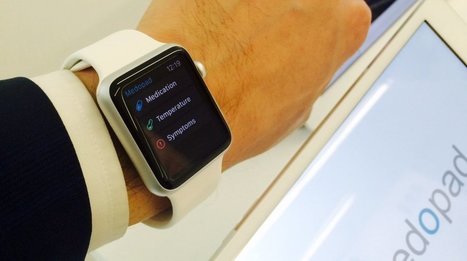Apple has hired a small team of biomedical engineers to work at a nondescript office in Palo Alto, miles from corporate headquarters. They are part of a super secret initiative, initially envisioned by the late Apple co-founder Steve Jobs, to develop sensors that can non-invasively and continuously monitor blood sugar levels to better treat diabetes, according to three people familiar with the matter.
Such a breakthrough would be a "holy grail" for life sciences. Many life sciences companies have tried and failed, as it's highly challenging to track glucose levels accurately without piercing the skin.
The initiative is far enough along that Apple has been conducting feasibility trials at clinical sites across the Bay Area and has hired consultants to help it figure out the regulatory pathways, the people said.
… speculation has been flying around since the company snapped up about a dozen biomedical experts from companies like Vital Connect, Masimo Corp, Sano, Medtronic, and C8 Medisensors. Some of these people joined the secretive team dedicated to glucose, sources said, while others are on Apple Watch team.
One of the people said that Apple is developing optical sensors, which involves shining a light through the skin to measure indications of glucose. Accurately detecting glucose levels has been such a challenge that one of the top experts in the space, John L. Smith, described it as "the most difficult technical challenge I have encountered in my career." The space is littered with failures, as Smith points out, but that hasn't stopped companies from continuing to attempt to crack this elusive opportunity.
To succeed would cost a company "several hundred millions or even a billion dollars," DexCom executive chairman Terrance Gregg previously told Reuters.
The breakthrough would be a boon for millions of people with diabetes, spur new medical research and open up a potential market for consumers to track their blood sugar for health and wellness insights. It could turn the Apple Watch into a "must have" rather than a "nice to have" for people who would benefit from an easier way to track their blood sugar.
Apple isn't the only technology company eyeing opportunities in the space. Verily, Google's life sciences team, is currently working on a "smart" contact lens to measure blood sugar via the eye (but read “Google’s ‘Smart Lens’ for Glucose Monitoring Not Such a Smart Idea After All!”) and it partnered up with DexCom in 2015 to develop a glucose-sensing device no bigger than a bandage.
Further Reading:
- “Will Silicon Valley Startups & Empowered Patients Replace #BigPharma?”; http://sco.lt/9FmPDN
- “Scientists Skeptical of Google's Verily Life Sciences Technology”; http://sco.lt/6wSc5J
Via Pharma Guy



 Your new post is loading...
Your new post is loading...















Non-invasive glucose monitoring devises are being called the holy grail for “treating” diabetes. To be more precise, such a device would be part of treatment that warns patients when their glucose level is too high or too low. Patients will still have to inject themselves with insulin, the dosage of which may perhaps be determined by the device. That, of course, would require FDA approval as a medical device. The TRUE holy grail would be a device that monitors glucose levels AND automatically delivers the proper dose as needed – i.e., an artificial pancreas.